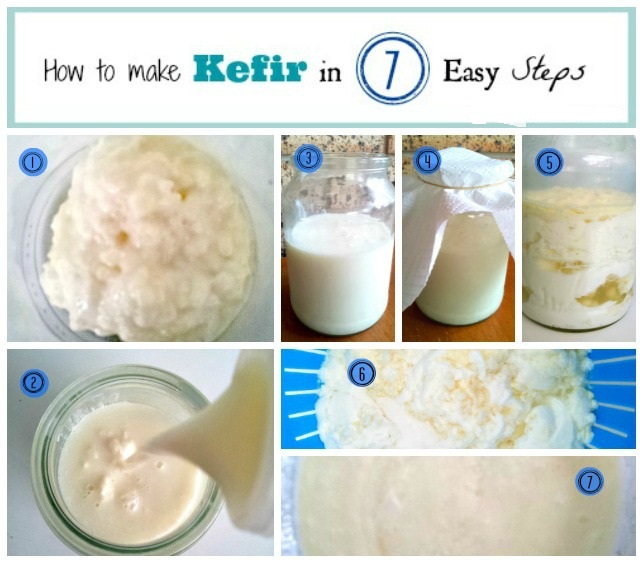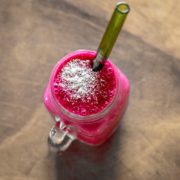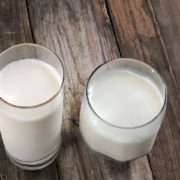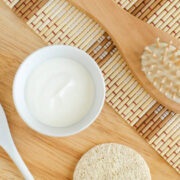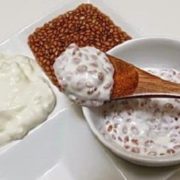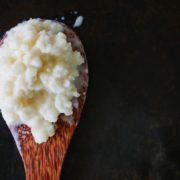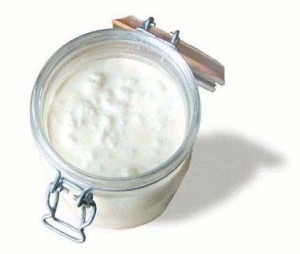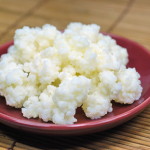How to make kefir ?
Making Kefir at home is very simple and easy . Kefir which is believed to be a nutritional punch has around 60 strains of healthy probiotics . Home made kefir is also more nutritious than any store bought kefir . Making kefir is no rocket science so please make kefir at home to get its maximum benefits.
To make Kefir you need following things :
1) Glass Jar
2) Kefir Cultures or kefir grains or kefir granulas ( which you can buy from www.indiaweightlosskefir.com )
3) Milk which has been boiled to remove any pathogenic Bacteria and then warmed .
4) Wooden Spoon
5) Plastic Strainer
METHOD :
1) Put warm ( pls don’t put hot milk- if you can’t put your finger in the milk so its hot … as it will destroy kefir grains ) milk in the glass jar and add the Kefir Cultures in it and stir softly . Close the lid then . You can also use cold milk but avoid refrigerated milk .
2) Keep this mixture in room temperature inside a kitchen cupboard for 24 hours and this will lead to fermentation of the milk .
3) The unique mixture of milk and kefir cultures will give kefir its distinct flavor and texture after 24 hours . Take out kefir after 24 hours from the cupboard and you will see some whey( watery liquid ) or bubbles on the top which is normal . Stir the kefir using a wooden spoon .
4) After Stirring , sieve the kefir using wooden spoon in a glass container and yooohoooo !! our kefir is ready to drink. You will see some frizzyness in kefir which is normal as it is CO2 ( carbon dioxide ) released during the fermentation process .
5) You can put kefir in fridge and drink when its cool . It will taste more delicious when cooled .
6) The same Kefir grains can be reused for making next batch of kefir :). To make next batch follow the steps mentioned above from 1 to 5 .
NOTE :
1) You can use the same glass jar to make next batch of kefir . There is no need to wash the jar again and again . You can wash the jar after a week or so . Fermentation will be better if we use the same jar .
2) The kefir grains or cultures are quite acidic, meaning that kitchen implements made from aluminum, iron, brass or copper are likely to release toxic metals into your kefir or on to the grains. Stainless steel is much less reactive however, and is a good alternative if you don’t have more suitable tools. Thus opt for Glass Jar , wooden spoon and plastic sieve when handling KEFIR.
3) Also make sure that everything is really clean. This applies particularly to the glass jar in which the milk and kefir will be fermenting. Any contaminants may spoil your kefir and you’ll have to start all over again !!


